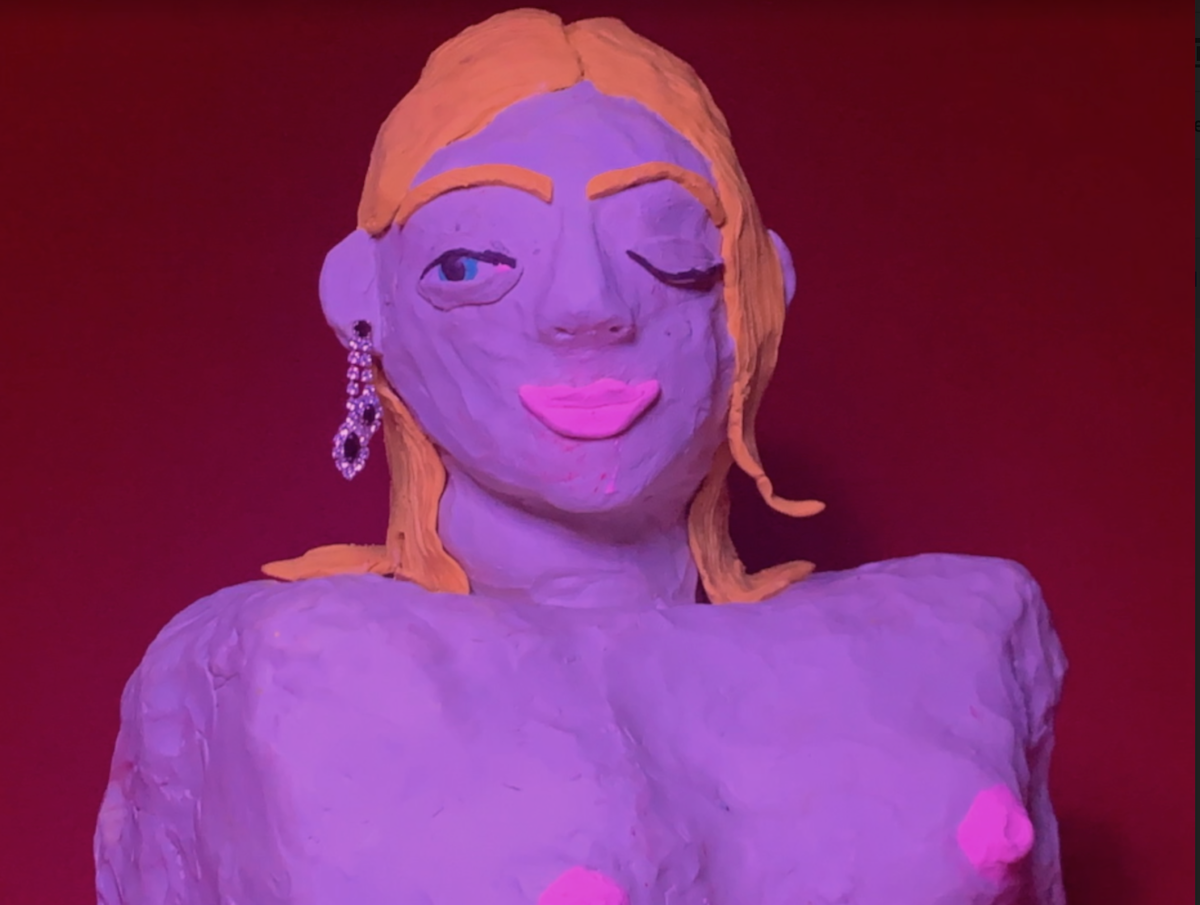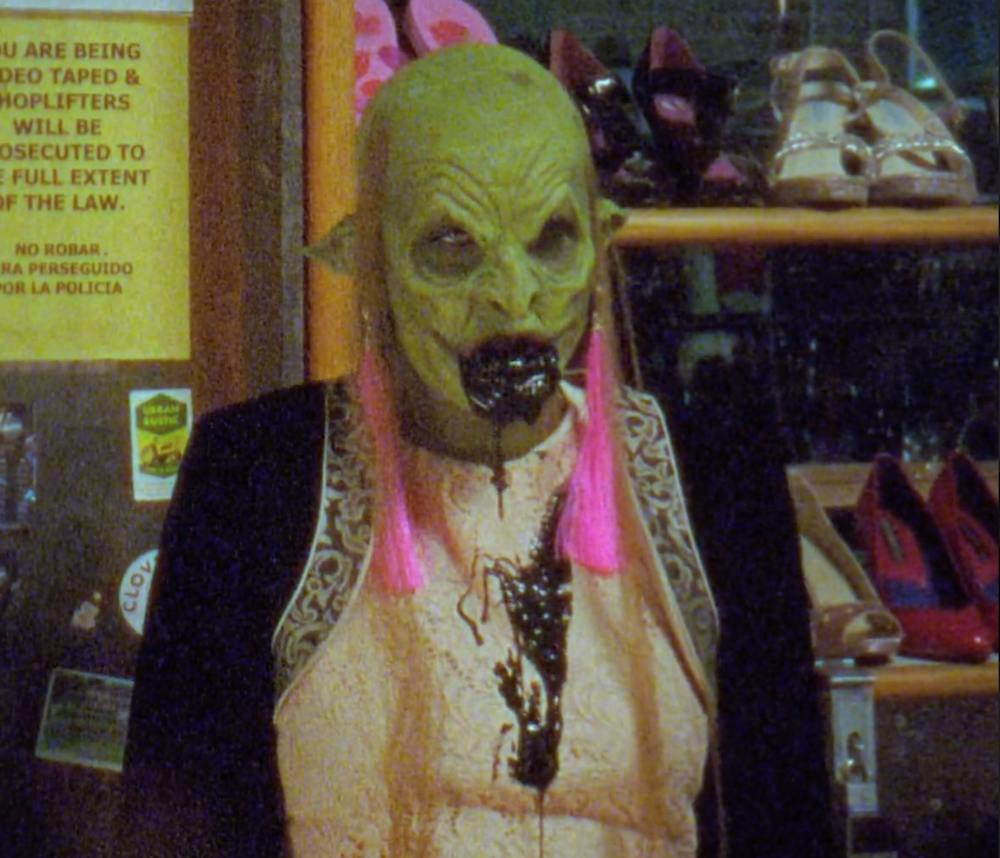It Was Just an Accident, Photograph courtesy NEON
text by Hank Manning
Jafar Panahi doesn’t have to look far to find inspiration for his films. He often portrays a fictionalized version of himself, a filmmaker speaking truth to power. In real life, Iranian authorities have twice imprisoned him, first for making “anti-regime” films and then for inquiring about the condition of another imprisoned filmmaker. He was released the second time after engaging in a 48-hour hunger strike, but continues to face restrictions on his travel and filmmaking.
Although he does not appear onscreen in It Was Just an Accident, which won the Palme d’Or at this year’s Cannes Film Festival, it may be Panahi’s most personal film yet. His first feature made after his second imprisonment, he shot it clandestinely with a small crew in Tehran to avoid having to work with state censors. The resulting long takes and often close quarters give the film something of a documentary, true-to-life feel. The characters’ backstories, motivations, and fantasies were inspired by his own stay in prison—although he says he did not personally suffer physical torture—and conversations with fellow prisoners.
One night at his repair shop, auto mechanic Vahid hears a sound that has haunted him for years: the high-pitched squeak of an improperly attached prosthetic leg. It belongs to Eghbal, a prison guard who tortured him and other political prisoners. Vahid instinctively springs to action, trailing and then assaulting and kidnapping his former tormentor. But doubts arise—Vahid was blindfolded in prison, so he can’t be sure he has found the right person. He enlists other former prisoners to help him confirm. They likewise depend on secondary senses—smell and touch—to try to identify the man.
It Was Just an Accident, Photograph courtesy NEON
The members of Vahid’s ad hoc party—wedding photographer Shiva, her ex Hamid, bride Goli, and groom Ali (who was not a prisoner and is consequently the least passionate character)—use different strategies to navigate life in a brutal authoritarian country. Shiva initially hopes to forget the torture she endured and live quietly resigned inside the system. Goli, who faints when reminded of her imprisonment, persuades Shiva to at least pursue a confession and an apology. Hamid, filled with rage, demands ultimate vengeance: the immediate killing of his former tormentor. From the conflicts between the victims-turned-captors, we see the difficulties that ordinary people face in opposing authoritarianism. Unlike those inside the regime, who are either chosen for their lack of morals or carefully propagandized to not see the humanity of others, people outside the regime have a variety of morals and desired approaches. These large groups must balance demands for resignation, justice, and vengeance, making unified action more challenging.
Over time, these differences swell. Some passionate emotions subside into logical considerations. Vahid, who at first intended to bury Eghbal alive, becomes hesitant, especially when learning that Eghbal has an innocent wife and young daughter. The party must contend with the fact that their hostage is only one member of a large, oppressive system. They consider whether he can be blamed for following orders, no matter how cruel, or whether he is also a victim who had no choice but to do brutal work to support his family. Yet, if a man who commits violence against the innocent doesn’t bear responsibility for the regime, then who possibly could? But then again, even if he is guilty and deserving of the worst treatment, will enacting revenge do anything to help the group, if they can even get away with it?
The film is too honest to provide any easy answers. Individual viewers will likely align themselves more closely with one or another member of the group’s moral philosophy while simultaneously understanding the flaws in each. The film’s final shot unsettles every conclusion we’ve formed, leaving us to wonder if any sort of resistance could lead to a proper resolution.
It Was Just an Accident, Photograph courtesy NEON
The film inspires a surprising number of laughs. In particular, a running gag features Vahid paying bribes to security guards and nurses, demonstrating the way that corruption permeates all areas of society. We are reminded that no matter how horrifying authoritarian regimes are, they are also inevitably ridiculous. Since tyrants insist on being taken seriously, we cannot forget to weaponize our laughter.
Although clearly set in Iran, the key politics, such as the regime’s justifications for the prison sentences, are intentionally left generic enough so that audiences can easily imagine parallel scenarios developing under any authoritarian government. While the film does raise more questions than it answers, its one seemingly unavoidable conclusion is that authoritarianism, in any form, must not be allowed to take root. Even those who place themselves at the top of an oppressive hierarchy eventually meet their fate, as systems centered on ever-escalating violence quickly spiral out of control, consuming everyone within them.














